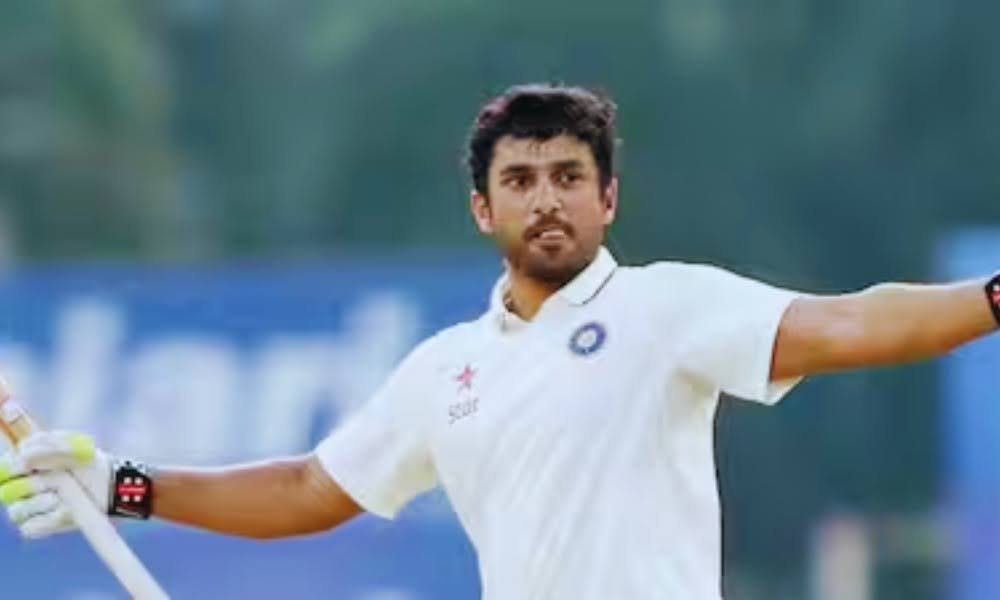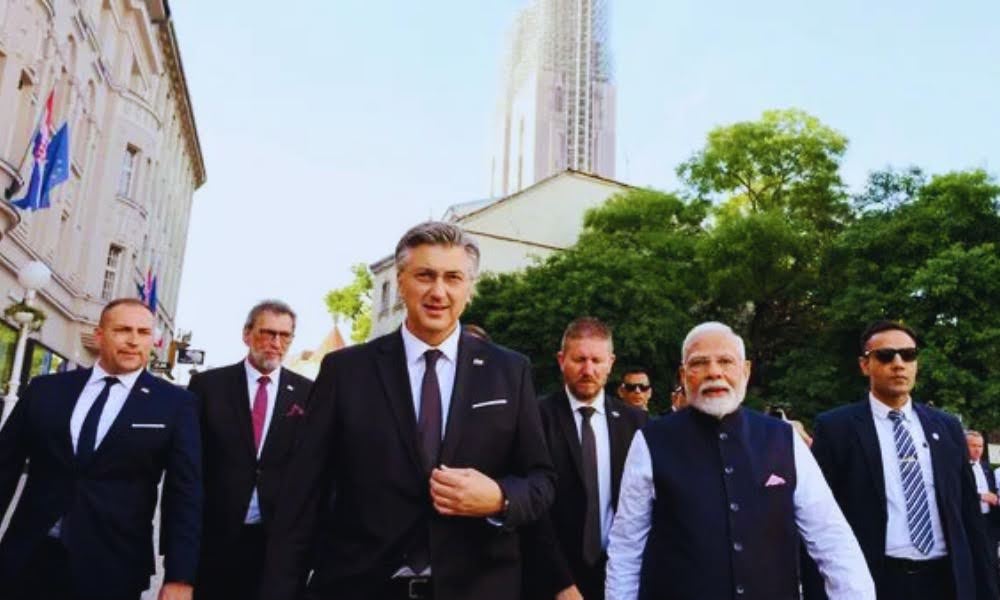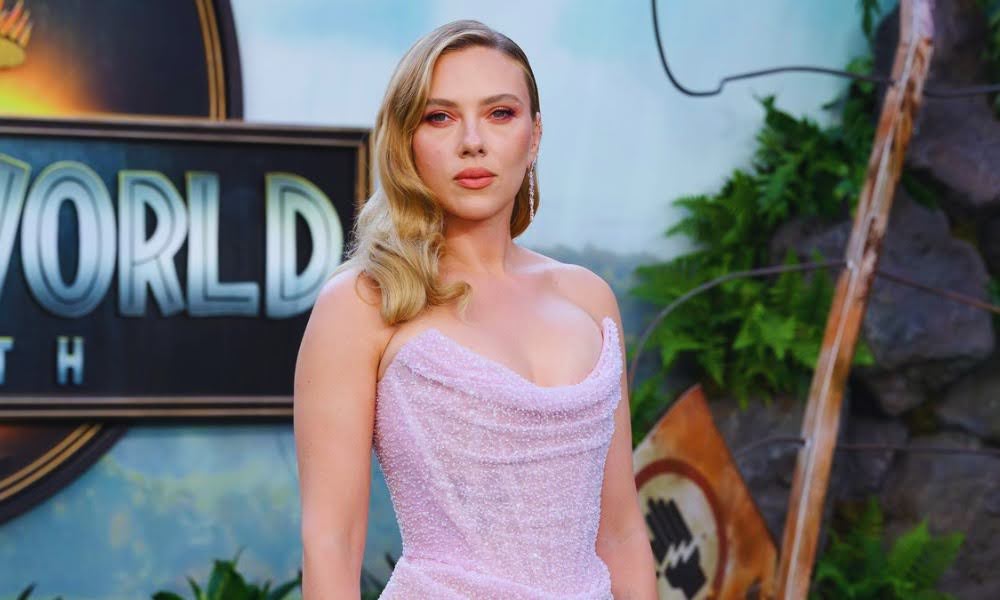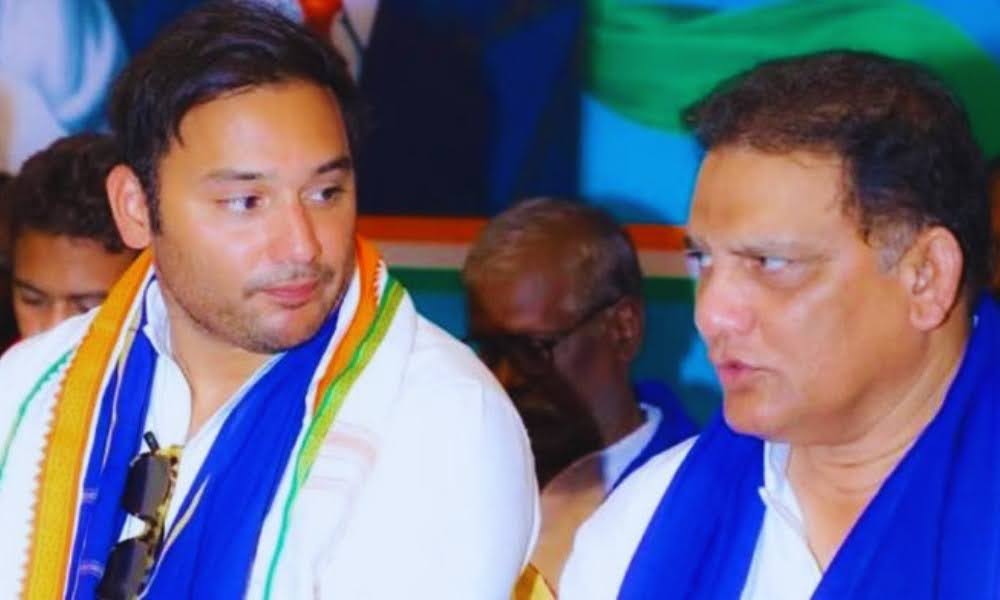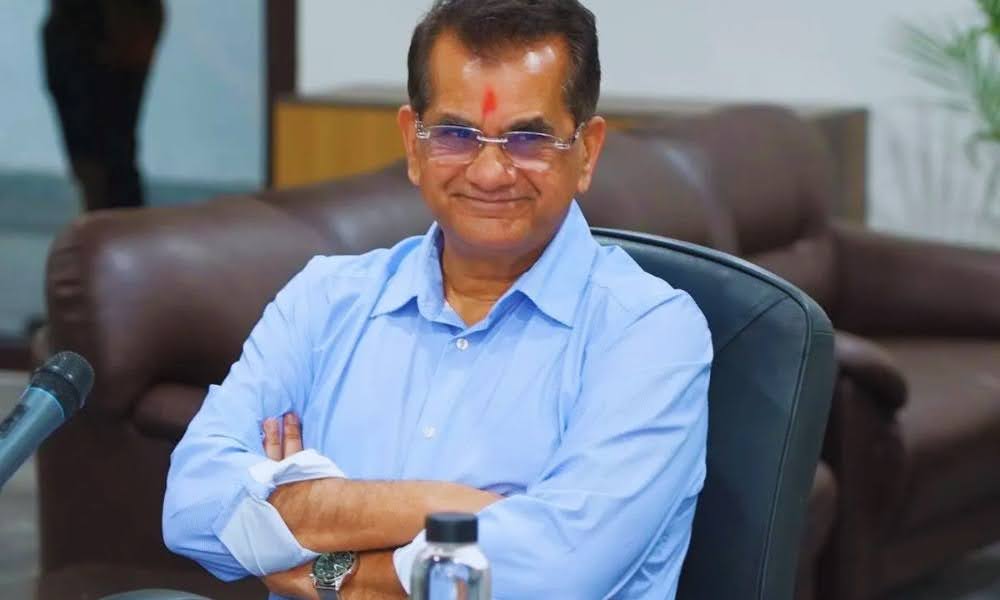Trump Acknowledges Modi and Sharif for Averting Nuclear Conflict, Steps Back from Taking Credit
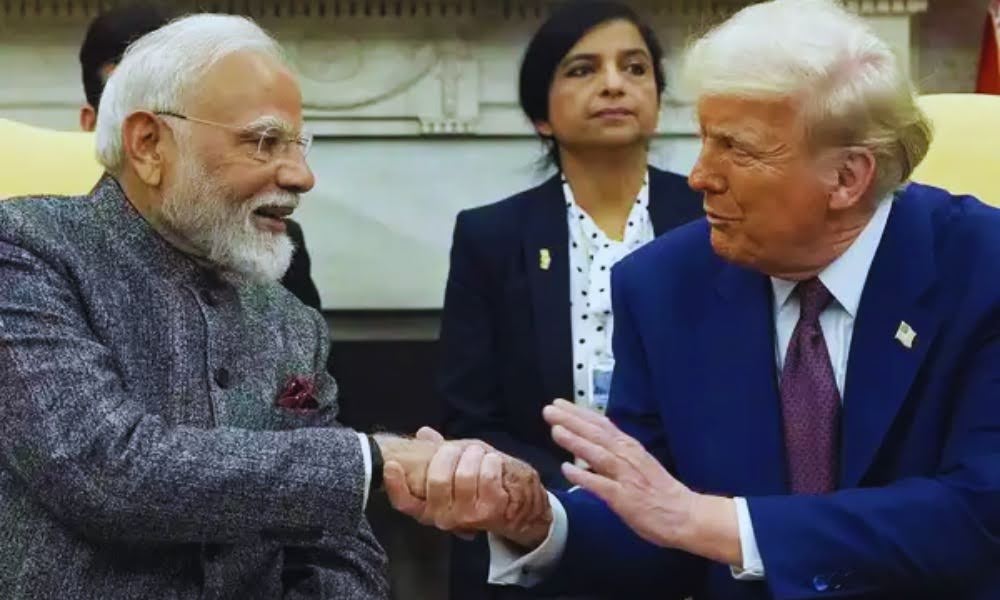
United States President Donald Trump credited the leadership of Prime Minister Narendra Modi and Pakistan’s army chief Field Marshal Asim Munir for defusing a potentially catastrophic conflict between India and Pakistan in May.
Speaking after a rare luncheon with Munir at the White House, Trump emphasized the role of both leaders in averting a situation that, in his words, “could have been a nuclear war.”
Trump Shifts Tone on Role in India-Pakistan Ceasefire
President Trump’s latest comments diverge from his previous assertions where he claimed personal credit for brokering the ceasefire between India and Pakistan.
During his remarks to the media, Trump expressed admiration for both Modi and Munir, stating, “I want to thank him for not going into the war (with India); ending the war. And I want to thank Prime Minister Modi as well.”
The luncheon with Munir, an unusual diplomatic gesture extended to a foreign military leader, took place amid growing global tensions.
Also present at the meeting were Secretary of State Marco Rubio and US Special Representative for the Middle East Steve Witkoff. Munir was accompanied by Pakistan’s National Security Advisor Lt Gen Asim Malik, who also heads the ISI.
Recognition and Strategic Talks
Ahead of the White House meeting, Munir reportedly suggested that President Trump deserved a Nobel Peace Prize for helping prevent an escalation between the two nuclear-armed neighbours.
While Trump had earlier claimed he played a central role in brokering the ceasefire, his statements post-meeting did not repeat the same narrative.
Instead, he praised both nations’ leaders as “very smart people” who made a conscious decision to de-escalate.
Trump noted, “That could have been a nuclear war. Those are two nuclear powers, big ones, big, big nuclear powers, and they decided that (to end the conflict).”
He also mentioned his prior meeting with Prime Minister Modi at the White House in February and expressed optimism about strengthening economic ties with both India and Pakistan. “We’re working on a trade deal with India. We’re working on a trade deal with Pakistan,” Trump said.
Operation Sindoor and the Ceasefire
India had launched Operation Sindoor on May 7 in response to the Pahalgam terror attack, targeting terrorist infrastructure across the border.
This led to four days of military exchanges between India and Pakistan, culminating in an understanding to halt hostilities on May 10.
During a phone call with Trump on Tuesday, Modi reportedly stated that the military de-escalation occurred after direct communication between Indian and Pakistani military officials, without US mediation.
Focus on Iran-Israel Conflict and Strategic Interests
The Iran-Israel conflict was also a key topic of discussion. Trump acknowledged that Pakistan held significant insight into the situation. “They know Iran very well, better than most… They see what’s going on, and he agreed with me,” he said.
The Pakistan army, in a statement, confirmed that the US President had shown “keen interest” in enhancing a strategic trade relationship with Pakistan.
The discussions explored cooperation in areas such as economic development, cryptocurrency, artificial intelligence, energy, mining, and emerging technologies.
Mutual Appreciation and Invitation to Pakistan
The Pakistani military noted that Field Marshal Munir conveyed appreciation for Trump’s “constructive and result-oriented role” in facilitating the India-Pakistan ceasefire.
The statement also highlighted Trump’s “statesmanship” and praised Pakistan’s ongoing efforts to promote regional peace and stability. Trump, in turn, acknowledged Pakistan’s strong counter-terrorism cooperation with the US.
Both sides also exchanged detailed views on the Iran-Israel tensions, emphasizing the necessity of resolving the conflict through dialogue and peaceful means.
Munir extended a formal invitation to Trump to visit Pakistan at a mutually agreed date. While it is rare for a US president to host a foreign military chief for lunch, previous exceptions included Pakistan’s Ayub Khan, Zia ul-Haq, and Pervez Musharraf, who were also heads of state at the time.
Strengthening US-Pakistan Ties
The unusual meeting underlined Washington’s ongoing strategic interest in South Asia amid broader global uncertainties.
Trump’s expressions of goodwill toward both Modi and Munir highlighted a US approach focused on balancing relationships with the two nuclear-armed neighbours while advancing its own strategic interests in the region.



